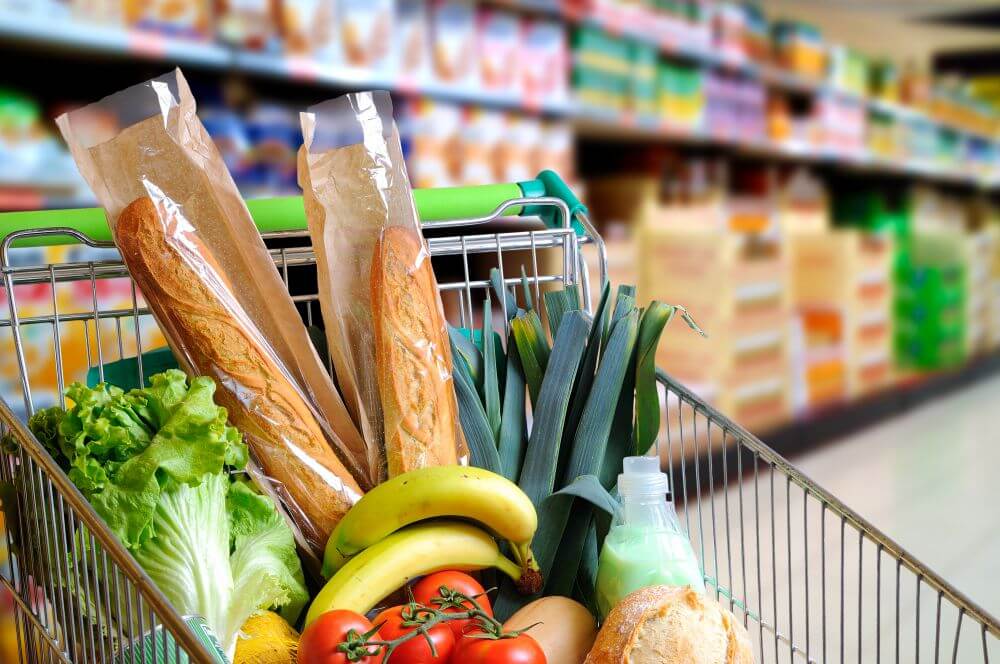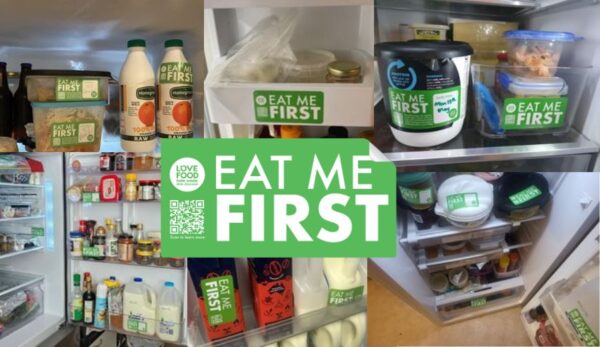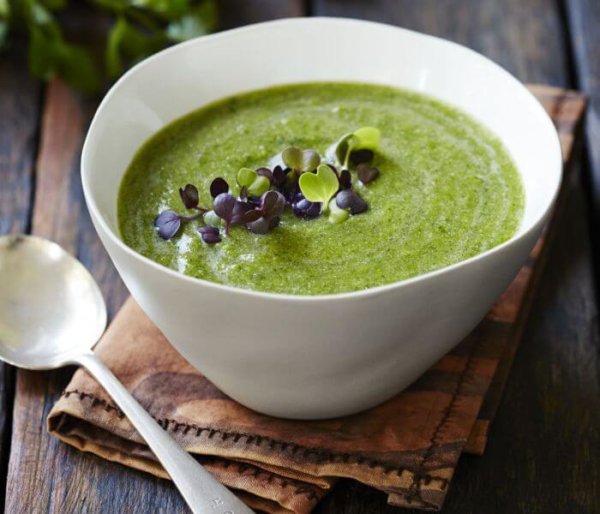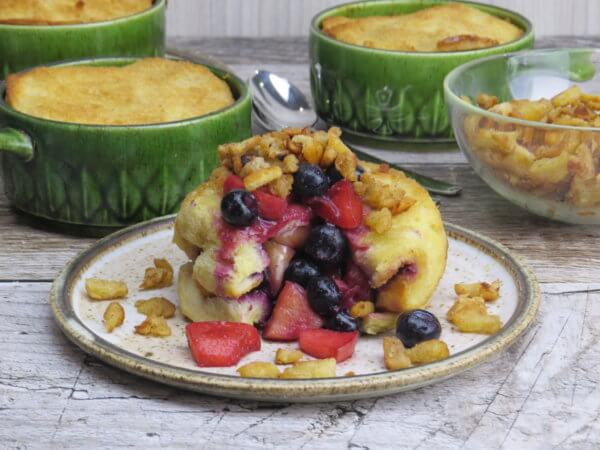9 ways to save money on your food bill

New Zealand families spend, on average, more than $14,700 on food each year.
While power bills can skyrocket through winter and rent prices are non-negotiable, food is one area where, with a few small changes, you can save yourself some money.
By being smart about how you shop, store and cook you can save money. Simply by making sure you actually eat the food you buy (instead of letting it go to waste) you could save $1,326 each year.
Here’s Love Food Hate Waste’s 9 tips to help you save money on food:
1. Snap up ‘quick-sale’ items
Supermarkets often heavily discount food if it is close to its expiry or best-before date. This can be a great way to nab some bargains, as most food is fine for a few days past its best-before date. Use your senses to check the food is okay. If it has a use-by date, then you should cook it immediately or pop it in the freezer. Food can safely be frozen up to the day of its use by date.
2. No matter how small your leftovers are, don’t throw them away
You may think it’s not worth it to keep the last few Spoonfuls of something, but it all adds up. Use your leftovers in your next meal, or freeze them until you have enough to make something larger, like a soup or stir-fry. Leftover rice can be used for fried rice and rice pudding, while vegetables can be used in soup or stews.
3. Raid your fridge regularly
Plan to have a meal each week where you use up any bits and pieces from your Eat Me First Shelf in your fridge, pantry and freezer. The meal may turn out to be a random mixture of things, and you may need to bulk it up with a piece of toast or two, but it will save you the cost of another meal! It will also ensure that you eat your food before it goes off so you don’t end up throwing it in the bin.
4. Use your freezer
This may sound straightforward, but did you know almost everything can be frozen? If you find yourself making an extra trip to the shop just to buy milk, keep a bottle in the freezer. Is there a great two-for-one special at the supermarket? Freeze the second item until you need it. And, if you find your fruit or vegetables tend to go bad before you can eat them, partially cook them and then store them in the freezer.
5. Eat all of your food
We don’t mean eat all of your food at once, but rather eat all of the food you buy. Are there parts of vegetables that you aren’t eating but you could be? Broccoli and cauliflower stalks are edible and are a great way to bulk out a stir-fry or a soup. If you are peeling potatoes to make mashed potatoes, roast the peelings in the oven to make a tasty snack to keep the kids going until dinner is on the table.
6. But don’t eat too much
If you make a recipe intending to have leftovers for lunch the next day, put aside what you need for lunch before you serve the meal. This will ensure that you or your family won’t mistakenly eat what you have planned to last two meals all in one go.
7. Cook once, eat twice
If you buy a whole chicken or a roast, plan to get two meals out of it. For the second meal, shred the remaining meat and use it in a frittata, croquettes or savoury bread pudding. Keep the carcass or the bones and simmer with them vegetable scraps to make your own stock.
8. Make the most of your mince
Make your mince go further by bulking it out with other ingredients. If you are making a Bolognese or burritos you can add in grated carrots or zucchini, chopped celery or mushrooms, or a tin of beans or lentils. This is a great way to use up vegetables that may have gone limp. If you are making meatballs or rissoles, adding breadcrumbs means you’ll get more and will help them keep their shape.
9. Sort out your storage
It’s important that you put your food in the right place so that it doesn’t spoil. Bread should be kept in the fridge or freezer so it doesn’t grow mould. The majority of your apples and other fruit should be kept in the fridge, with just a small selection in the fruit bowl – but keep them away from bananas! Potatoes and onions shouldn’t be stored next to each other as they will both go off faster. Check out more storage tips here.
While each of these changes are small, if you incorporate them into your life the savings will soon add up.


